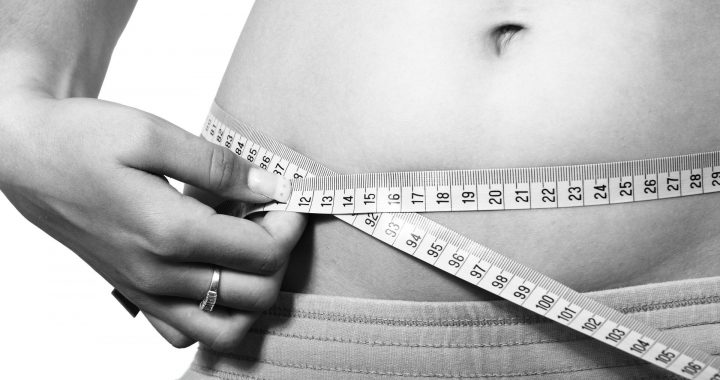The body mass index (BMI) is a measure that relates the height to the weight of each person. BMI is Calculated by dividing weight (in kilograms) by the square of height (in meters). The resulting value will give us an orientation on the suitability of the weight for our size. The body mass index is also known as the Quetelet index.
BMI = WEIGHT (kg) / HEIGHT² (m²)
When this value is below 20, we are below the optimal weight. If we exceed 25 we are overweight, above 30 it is obesity and if it exceeds 40 it is morbid obesity.
It is clear that there are many factors that influence our health (diet, sleep, sports habits, work environment …) and all of them also have an impact on our reproductive health.Weight is an external factor that we can modify.
It is in our hands to control it and decide if we let being overweight and obesity pose a health problem. Sometimes individual control is very complicated and it is necessary to turn to specialists in nutrition and sports who can advise each patient on weight loss and control. In more serious cases it is necessary to proceed to surgical treatments that allow its treatment.
In reproduction treatments, the body mass index of the couple is decisive.
In women, a BMI that is too low can cause amenorrhea, or lack of menstruation, due to an alteration in the hormonal axis that regulates the ovary. This leads to an absence of ovulation, thus making spontaneous pregnancy impossible.In the case of women with high BMI, there are also reproductive problems associated with both the metabolic alteration that affects the activity of ovaries and the endometrial environment, interfering with embryo implantation.
If we focus on ovarian stimulation, the response we obtain in overweight or obese patients is much lower than expected, which is why we sometimes need to use much higher doses of medication, which do not always ensure a good result.
There are numerous published studies that assess the impact of BMI on embryo implantation. If we eliminate the embryo quality factor, we find numerous studies that show us that as the body mass index increases, embryo implantation decreases. Furthermore, in patients who receive double donor embryos, with semen and oocytes from young, healthy and normal-weight donors, pregnancy rates decrease as BMI increases.
Being overweight in men also has negative effects on fertility. In a recent study that collected data on more than 100,000 men, an increased risk of infertility was found in obese men. Likewise, the rate of live births per assisted reproduction cycle was low and they had a 10% higher absolute risk of gestational loss.In addition, obesity in men was associated with increased sperm DNA fragmentation and sperm shape abnormalities, as well as reduced sperm mobility. In short, paternal obesity also contributes to reducing the reproductive potential of the couple.
On the other hand, once pregnancy is achieved, high maternal BMI can contribute to complications such as gestational diabetes, maternal hypertension and delivery problems.
But research on the effect of BMI on reproductive capacity has gone further. There are some data that suggest that maternal metabolic status at the moment in which the oocyte matures, leaves an imprint on the embryos, thus affecting the health of the offspring. The metabolic profile already in the embryonic state can be affected by the maternal metabolic status.

